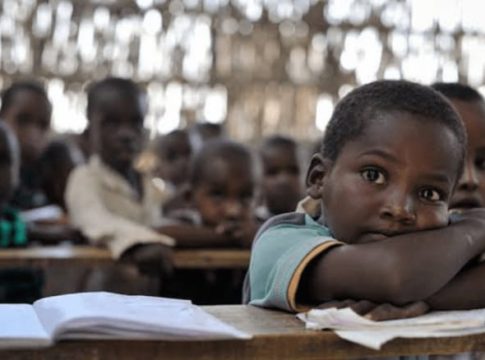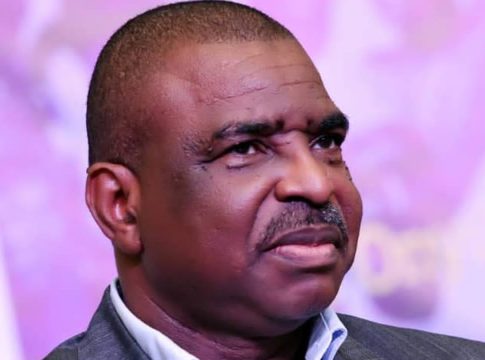Dr. Frances Osamor, with a doctorate from the University of the District of Columbia in Washington, USA, has expressed serious reservations about the current state of Nigeria’s education sector.
Addressing the media, Osamor pointed out, “The standard of education in Nigeria has regrettably descended to a concerning level.” She identified critical shortcomings such as “the scarcity of qualified educators, a lack of sufficient educational infrastructure, and a deficiency in accessible learning and technological resources,” all of which have brought the education system to a critical juncture. Despite these issues, she remained hopeful about the potential for future improvements.
Osamor advised that for the educational system to advance, it is imperative for the government to prioritize educational funding and the provision of essentials like power and clean water supply.
READ MORE: Labour To Resume Strike As Government Rejects Demands
“In order to elevate the quality of higher education in Nigeria, several actions could be considered. Necessary government funding along with securing basic utilities such as water and electricity is key,” she highlighted. Tackling the problems of insecurity, improving physical infrastructure, reducing excess administrative procedures, and offering improved economic rewards for teaching staff, Osamor added, are ways to foster positive change. She also called for increased transparency throughout the educational system.
Reflecting on the issue of brain drain, Osamor conveyed its negative implications for the nation’s educational quality.
She proposed, “It’s my staunch belief that the vast majority of our academics are committed to their vocation. Nonetheless, the probable mass departure of our nation’s professors could be detrimental, worsening the lack of academic staff in higher education institutions and the educational system broadly.”




